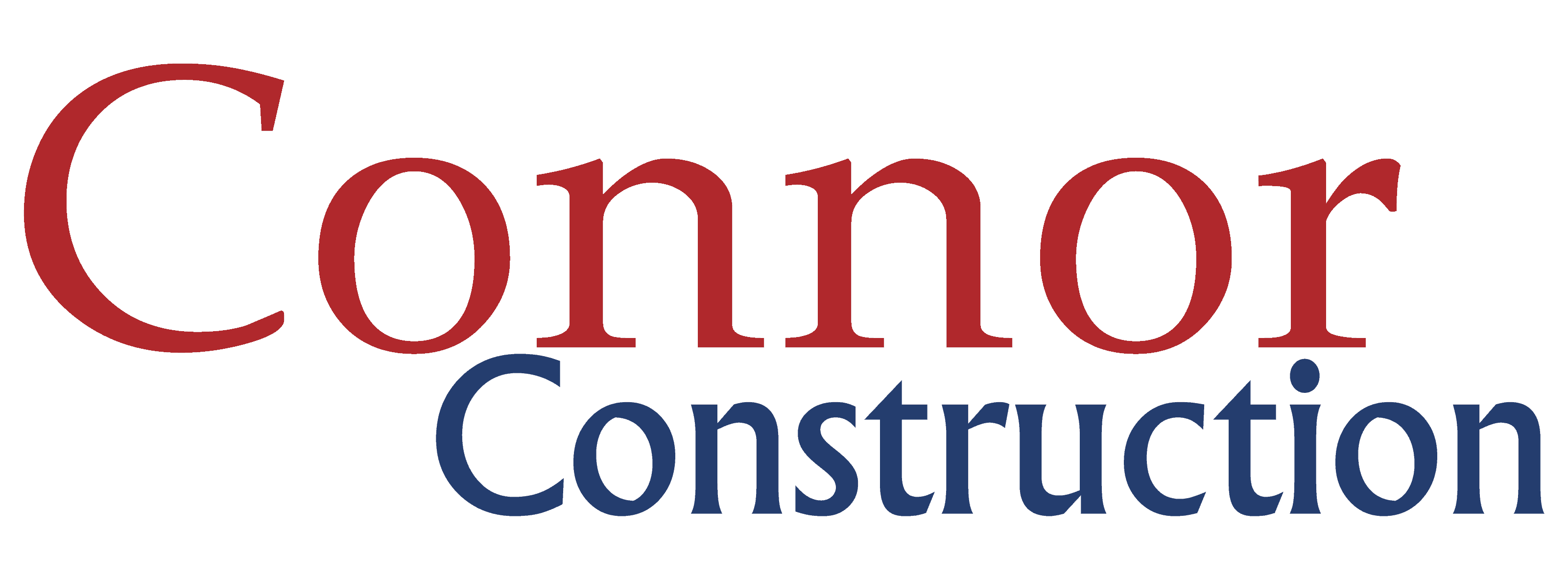 https://connorconstructionllc.com/wp-content/uploads/2024/04/Side-view-of-the-interior-of-a-restaurant-kitchen.jpg
1250
2000
AbstraktMarketing
/wp-content/uploads/2022/03/Connor-Construction-Logo-No-Key.png
AbstraktMarketing2024-04-10 11:25:182024-04-24 16:22:4210 Ways Restaurant Contractors Can Help Your Business
https://connorconstructionllc.com/wp-content/uploads/2024/04/Side-view-of-the-interior-of-a-restaurant-kitchen.jpg
1250
2000
AbstraktMarketing
/wp-content/uploads/2022/03/Connor-Construction-Logo-No-Key.png
AbstraktMarketing2024-04-10 11:25:182024-04-24 16:22:4210 Ways Restaurant Contractors Can Help Your BusinessThe Importance of the Design-Development Phase
When you think about work being done on a construction project, what do you imagine? If you’re like most people, you think about men and women in hard hats working on scaffolding, erecting building frames, installing windows, or carrying out other tasks on the actual construction site.
But many people are surprised to learn that much of the work happens before the construction site even exists. This is the design phase of pre-construction, giving stakeholders, planners, and contractors equal time to sort out issues, organize, and ultimately make the construction flow as seamlessly as possible.
What Is Pre-Construction Planning?
What is pre-construction planning, exactly? This is a phase of the construction process that happens before the actual construction. Organizations handle pre-construction in different ways, so you’ll probably find some different approaches. But in most cases, pre-construction involves several meetings, thorough planning and documentation, and eventually, the production of designs that will be used during the construction process.
The Pre-Construction Phase
We can break down the pre-construction phase into several different sub-phases.
- Schematic design.
In the schematic design phase, our focus is producing a skeletal framework of the construction project that we’re going to create. You can think of this as a very rough draft, solidifying our conceptual model and putting the design on paper for the first time. This sketch is always intentionally loose, giving us plenty of room to make additions or revisions—and making it so that if we have to start over, we don’t lose much time in the process. - The design development phase.
Next, during the design development phase, we expand upon the schematic design, incorporate feedback, and flesh out our vision of the construction project. During this phase, we start adding more specific details about the materials being used in the construction, colors being chosen for the project, and other choices. We also typically do a 3D rendering of the construction project to help our clients visualize what’s coming next. - Construction documents.
When everyone is satisfied with the semi-final design, we can start working on the construction documents. We’ll obtain building permits and other forms of official documentation that allow us to begin work. We can also project a timeline and start making early calls about the construction itself. - Construction administration.
After obtaining the building permit and any other paperwork we need, we can begin construction administration. During this phase of the project, we’ll begin allocating resources as necessary to begin the construction work.
Interested in Pre-Construction Services?
Connor Construction pre-construction services will lay the foundation for your next construction project.
Why Is the Design Phase of Pre-Construction So Important?
Why is the design phase of pre-construction so important?
These are some of the most valuable reasons:
- Coordination and communication.
Construction projects can be complex, even if the building isn’t especially tall or abnormal. This is our chance to coordinate and communicate about the project, making sure all parties are on the same page. If the client has a concrete vision of the type of building they want, we can talk about that vision before we do our best to replicate it. If there are specific client requests that aren’t physically possible, we can talk about those and find alternative solutions. This is also our chance to coordinate with our internal team so we can understand this project inside and out. - Setting expectations.
During pre-construction, we have an opportunity to set expectations proactively. We like to make sure our clients are fully informed at every step of the project, understanding exactly how long the project is going to take, what the biggest risks are, and what we can expect at each stage of the process. When clients go in blind, it sets the stage for miscommunications and disappointment in the future. - Identifying potential issues.
All construction projects are going to encounter issues. What’s important is that you predict these issues as often as possible, preventing them from occurring, and that you take proactive measures to fix issues when you notice them begin to arise. During the pre-construction phase, we try to analyze the project and predict what issues are going to threaten it the most. This is also our opportunity to avoid or correct those issues using the tools available to us. Ultimately, correcting these issues can improve safety and reduce costs, benefitting all parties involved. - Establishing priorities.
Talking to the client during pre-construction is also an important opportunity for establishing priorities. What is the client hoping to achieve and how are they going to achieve it? Is it more important for the project to remain under budget at all costs, or are they willing to spend a little more to make sure the project can be finished on time? Is this material an absolute necessity, or can it be sacrificed to preserve another feature elsewhere?
- Staying within budget.
Construction projects sometimes go over budget, but we do our best to remain within the parameters our clients set for us. During pre-construction, we can analyze what the budget is, forecast costs, and start making decisions that maximize our ability to keep the project cost efficient. - Ensuring smooth paperwork.
Paperwork delays and mistakes can ruin an otherwise viable timeline. If a building permit isn’t submitted on time, or if there are errors on that application, it can considerably delay our work. Going through each step of the pre-construction process minimizes the chances for these hiccups to occur. - Reducing overall costs.
Finally, thanks to these effects and others, having a smooth pre-construction phase can ultimately reduce costs in many different areas.
Superb Pre-Construction Services
If you want your construction project to succeed, it’s important to find an organization that offers thorough pre-construction services that kicks off with an excellent design-development phase. It’s your best opportunity to clarify your needs, collaborate with contractors, resolve certain issues before they become a problem, and reduce costs. Not all construction companies invest in the pre-construction phase equally.
Are you ready to begin the pre-construction phase for your next project? Or are you interested in learning more about construction and pre-construction services? Contact us for additional information today!









